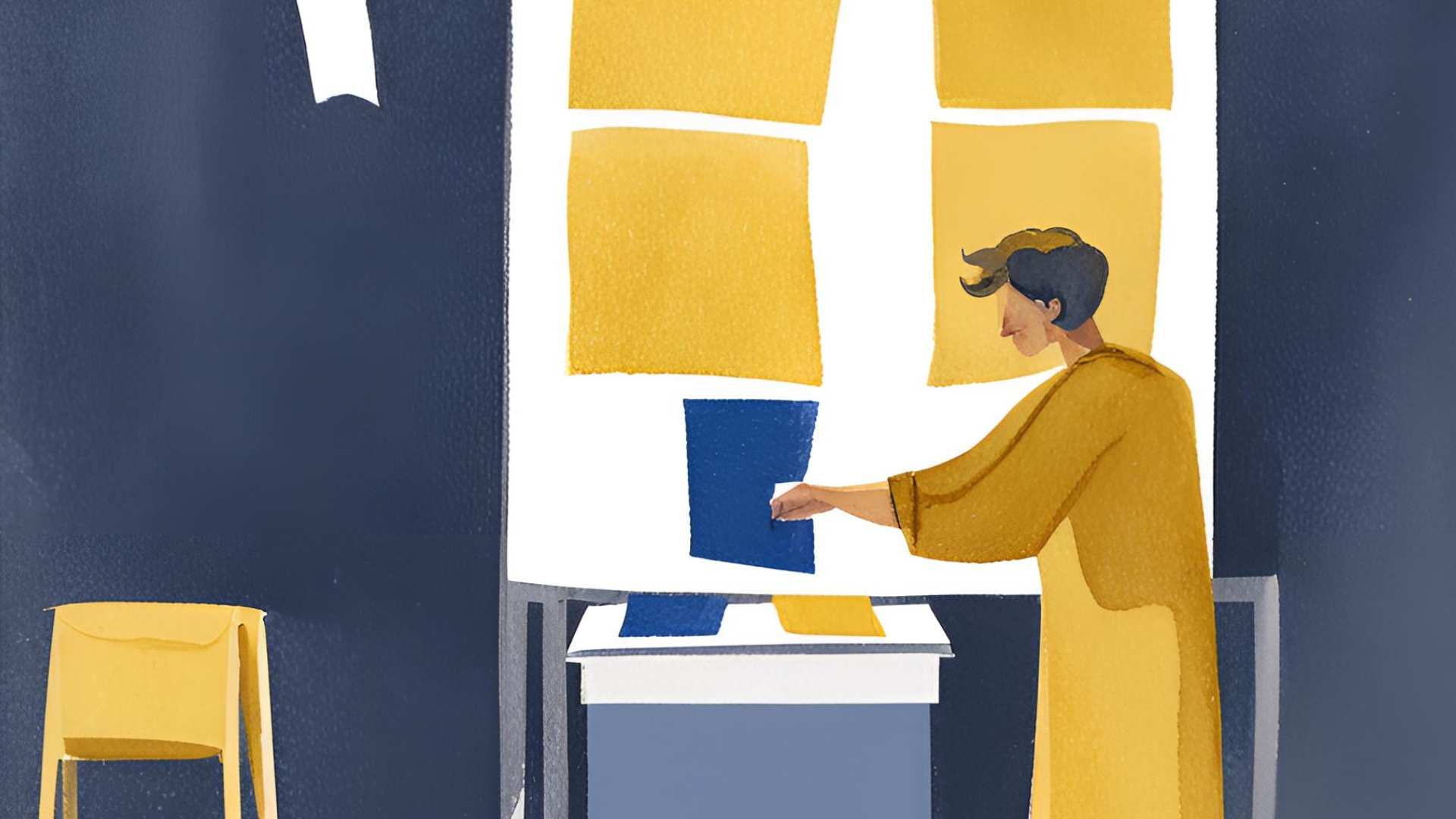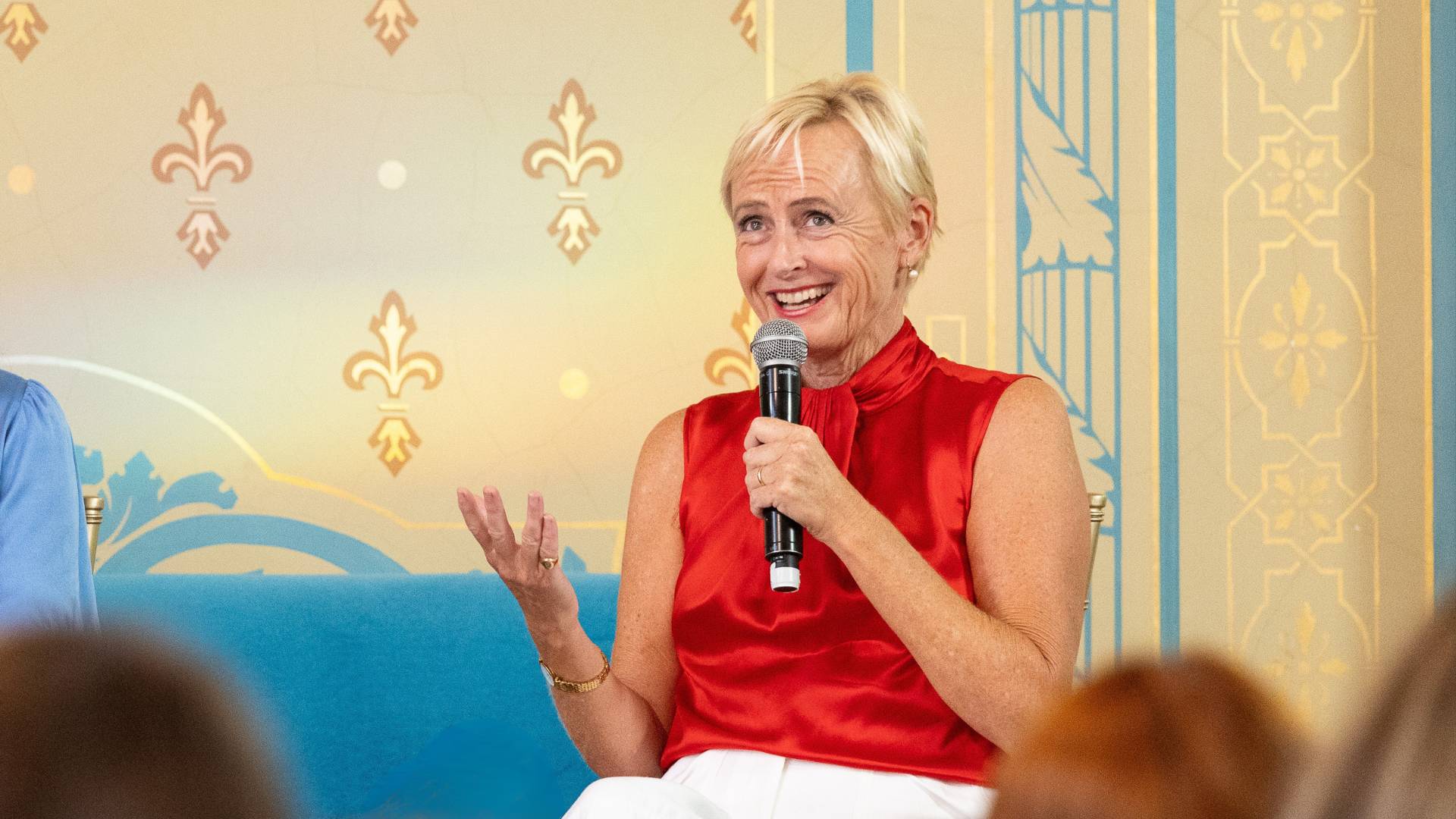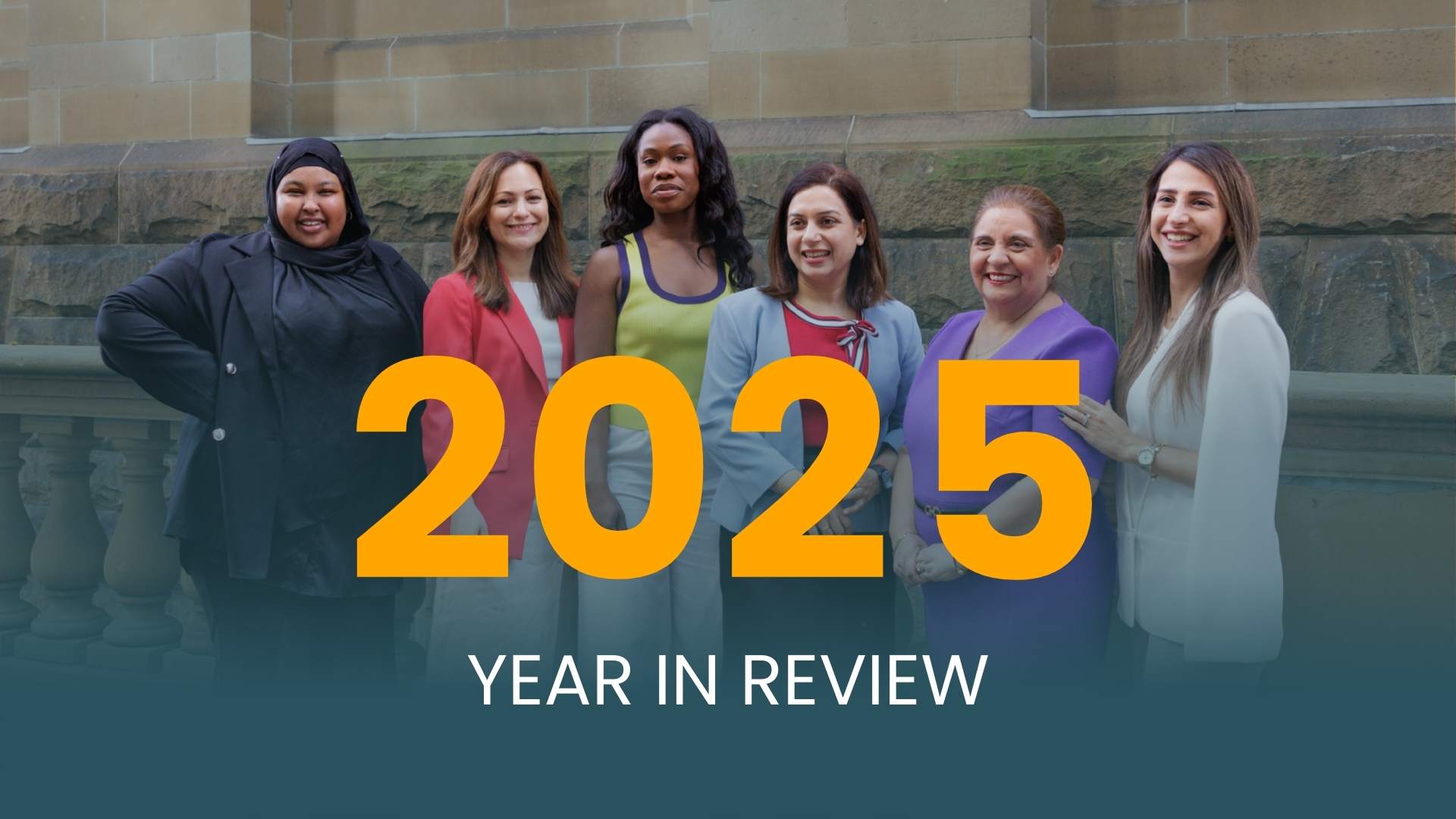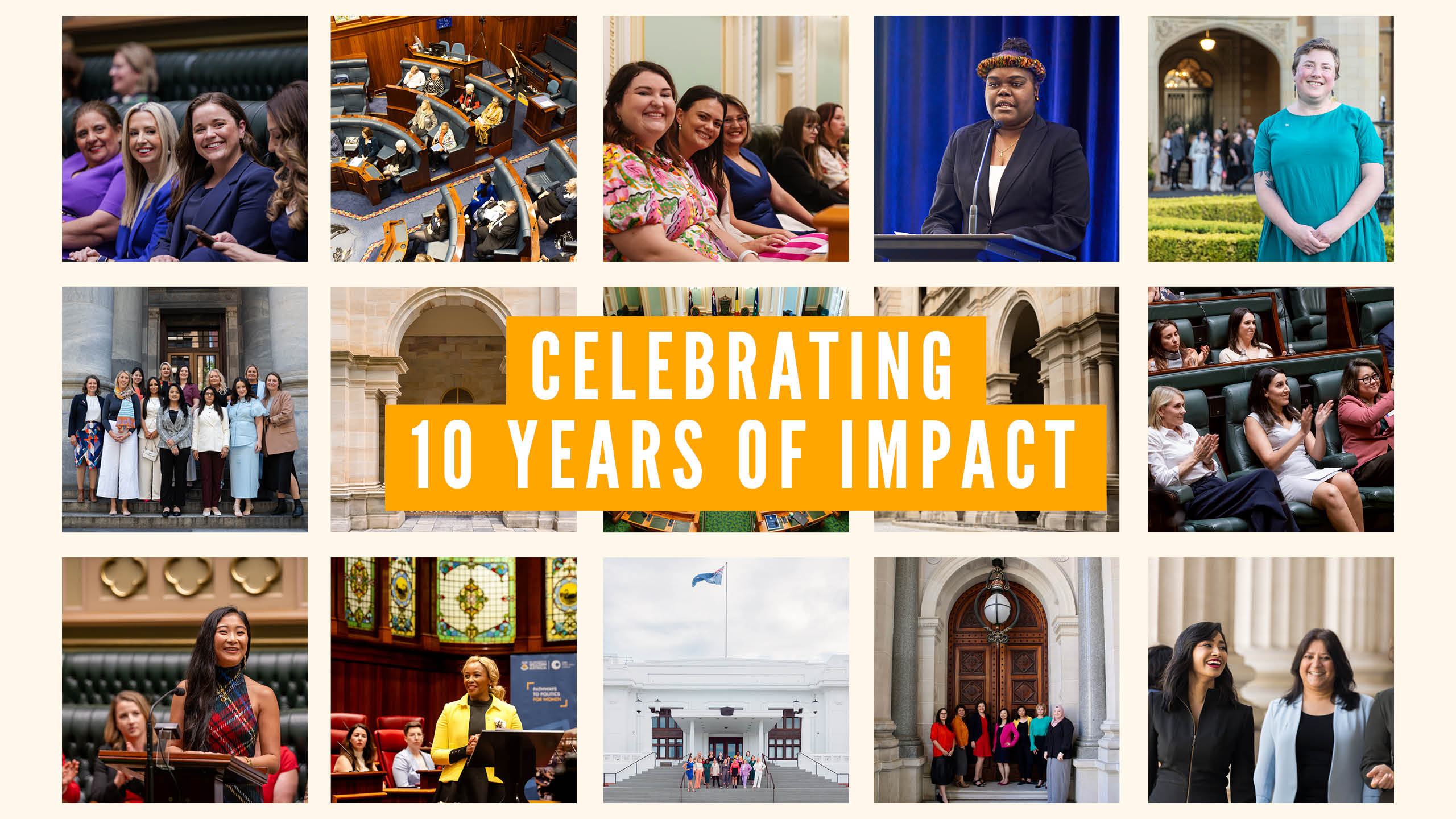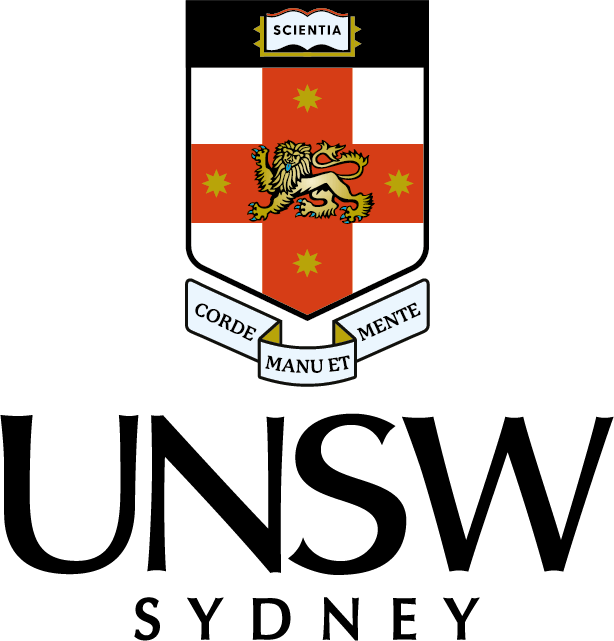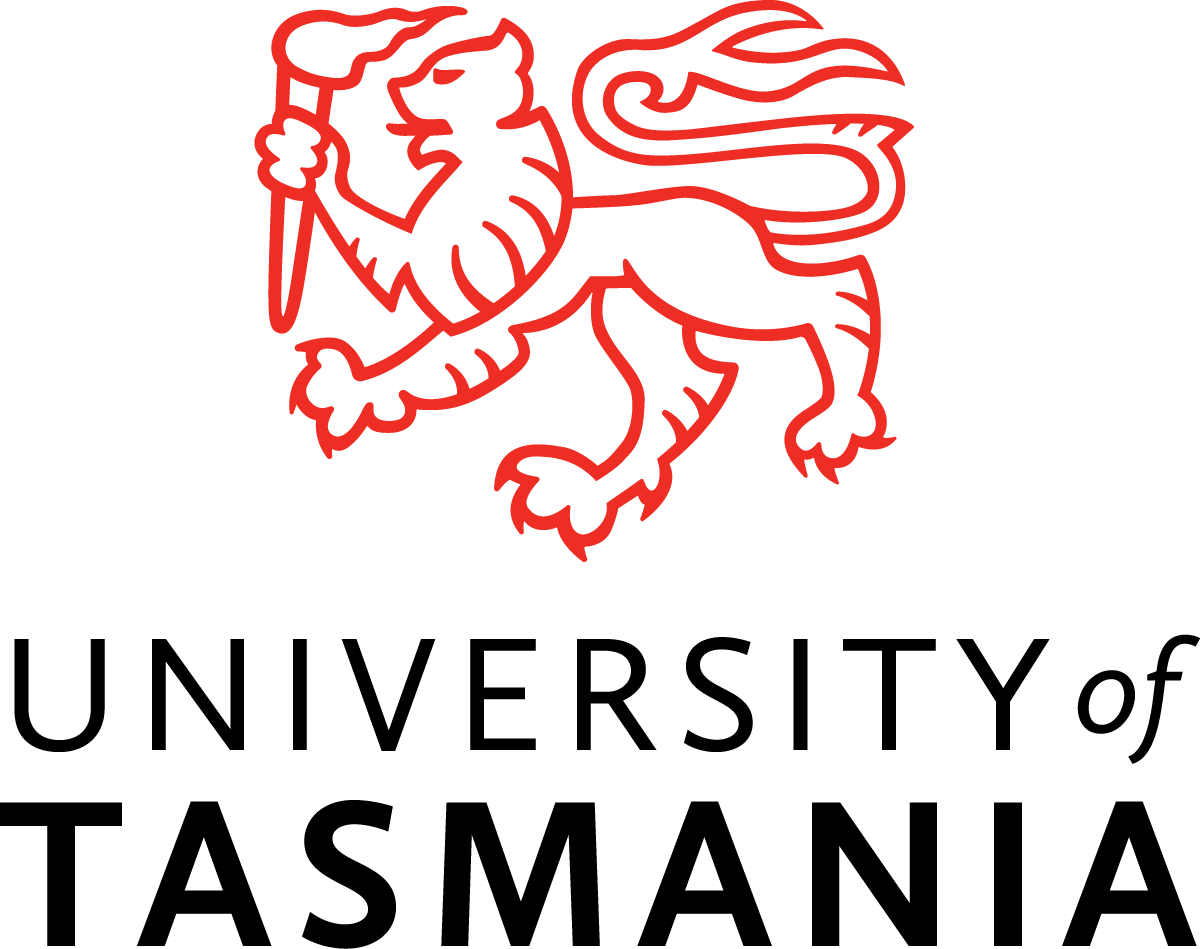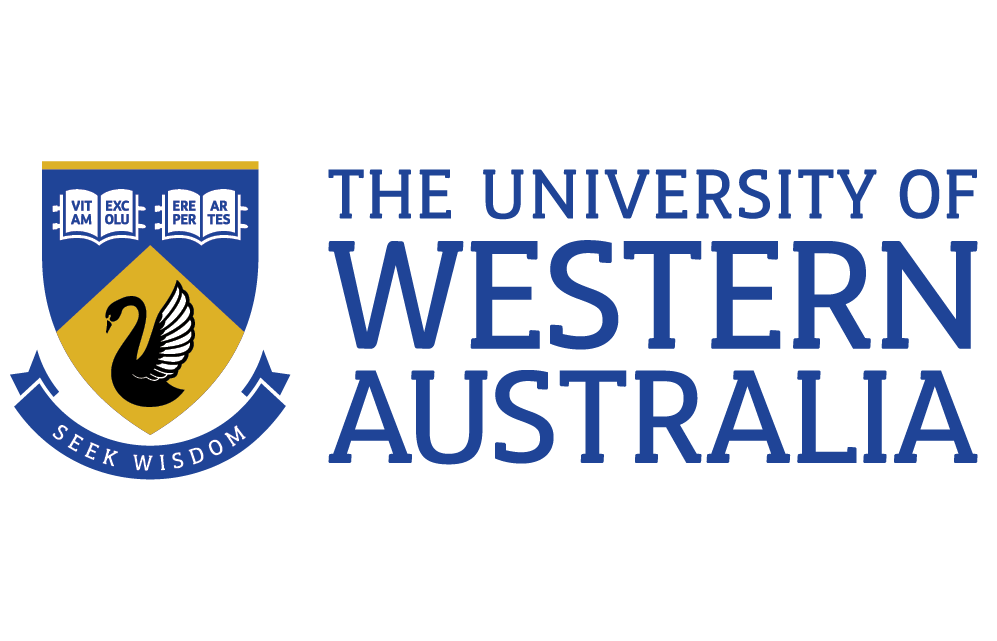Professor Rosalind Dixon
New South Wales residents headed to the polls on 14 September to vote in the local government elections, with 20 Pathways to Politics for Women alums from the UNSW program running for office. As we await the final election results, Prof Rosalind Dixon, Director of the UNSW Pathways to Politics for Women program, reflects on the successes and ongoing challenges women candidates face in shaping a more inclusive and representative democracy.
In many ways, the recent New South Wales local government elections saw the best of Australia’s democracy at work. Millions of residents went to the polls to vote. There were no riots or threats to poll workers. Voting was relatively quick and accessible. And multiple parties and independents competed for our vote.
Compared to recent decades, the slate of local government candidates was notably diverse. An increasing number of female candidates put their names forward to serve on local councils. This also continued a growing trend toward greater gender parity in local government. The election on Saturday also saw a number of culturally diverse candidates on the ballot.
These wins for democracy should not be taken for granted. Witness recent electoral violence and single-party dominance in countries such as Venezuela or threats to poll workers and the certification of elections in the last presidential election in the United States.
Having women and culturally diverse candidates stand for office is also crucial to the legitimacy and stability of our system of representative government. It ensures that governments at all levels respond to the needs of all of the people of New South Wales. And it helps maintain trust in government and thus the capacity of government to enact the policies we need to address the range of pressing challenges our state and country face.
The New South Wales local elections also marked some bad news for democracy in Australia. As numerous other commentators have noted, these local government elections saw unprecedented levels of vitriol and vandalism against candidates. Many corflutes and other forms of election materials were not just taken down. They were defaced and damaged in ways that left on clear public display the growing levels of hate in our politics.
The potential causes of this are multiple. Australian political operatives need not look far to see these kind of tactics at play in other countries around the world. The level of hate on social media is at an all-time high and surely shapes how people approach politics IRL (the current teenage vernacular for “in real life”).
Vitriol and vandalism of this kind damages our democracy in multiple ways. It reduces the space for reasoned debate about the merits of different policies and ideas. And it discourages candidates from putting their name forward to help lead our communities and a process of positive change.
This is especially true for women and culturally diverse candidates. If you have experienced casual sexism and racism in the past, casual electoral hate is more likely to feel threatening and silencing, and hence to close the door to engagement in public life.
We should thus be looking to address these problems at their root cause, including through more effective regulation of online hate speech. But this is a complex regulatory challenge, which is likely to take some time to address – if it can be addressed at all, given the global nature of the challenge.
And in the meantime, we should take urgent measures to stop the current levels of vitriol and vandalism in our democracy. We should enact specific laws making it an offence to destroy or interfere with the electoral material of another candidate, and impose credible, proportionate punishments for any breach of such an offence.
Existing law bans graffiti and destruction of private property. It also regulates how candidates can display their own electoral material, including corflutes. But it is important to make clear that the law also regulates how candidates and their campaigns, and the general public, treat the materials of political opponents. Commonwealth law does this for federal elections but could go further in this direction.
Laws of this kind must be designed to preserve freedom of political communication. But freedom of speech does not include the freedom to drown out the voices of others, or publicly denigrate their identity.
Our democracy depends on widespread participation and freedom of speech, but also strong guardrails. And it is time that we strengthened those guardrails to protect against the risks of growing political hate, and its implications for a truly inclusive and representative democracy.
Prof Rosalind Dixon is Program Director of the New South Wales Pathways to Politics for Women program, a Professor of Law at UNSW, and the Director of the Gilbert + Tobin Centre of Public Law.
